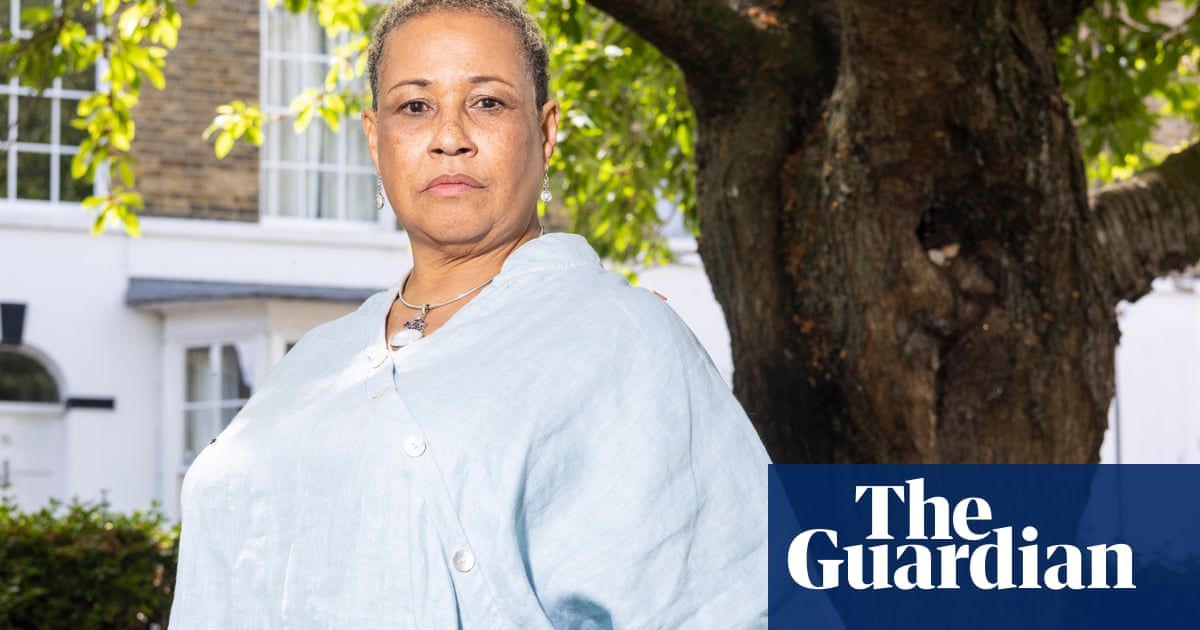Mina Smallman, the mother of two women murdered in a London park, has forgiven their killer but not the two Metropolitan police officers who took and shared photos of their bodies, she said.
Bibaa Henry and Nicole Smallman were reported missing on 6 June 2020, the day before friends discovered their bodies in a park in Wembley, north London, after organising their own search party.
Police officers Deniz Jaffer and Jamie Lewis were ordered to guard the scene. While there they took photos, some showing the bodies, and shared them in two WhatsApp groups, calling the victims “dead birds”. They were each jailed for two years and nine months in 2021.
Smallman told BBC Radio 4’s Today programme she had forgiven her daughter’s killer, Danyal Hussein, but not Jaffer and Lewis.



Wait you forgave the killer that quickly?
forgiveness is often for yourself, not the third party.
It doesn’t change anything for the killer to be forgiven in your mind, but it changes something in your mind to forgive.
The killer was pretty obviously insane. He was making a sacrifice to a demon which he thought would allow him to win a lottery. He’s also in jail for life.
I can see it could be harder to forgive someone with no real excuse who just violated your dead daughters’ privacy for clout.
Forgiveness doesn’t necessarily mean you’re cool with it and you’re ok now. In buddhism it is taught that suffering caused by someone creates a debt. You owe the people who made you suffer a restitution for that debt. So in essence, you owe justice or suffering to the killer. But so long as you are trying to collect on that debt, you are suffering the whole time. To forgive is to let go of that debt. You’re not ok with it, you just let yourself stop suffering for that collection (though the suffering of the person missing still remains).
I think this is what she meant. She managed to let go of collecting that debt faster for the actual murder than the disrespect of the police officers. Maybe because of the position of authority of the police or the circumstances of the murder.